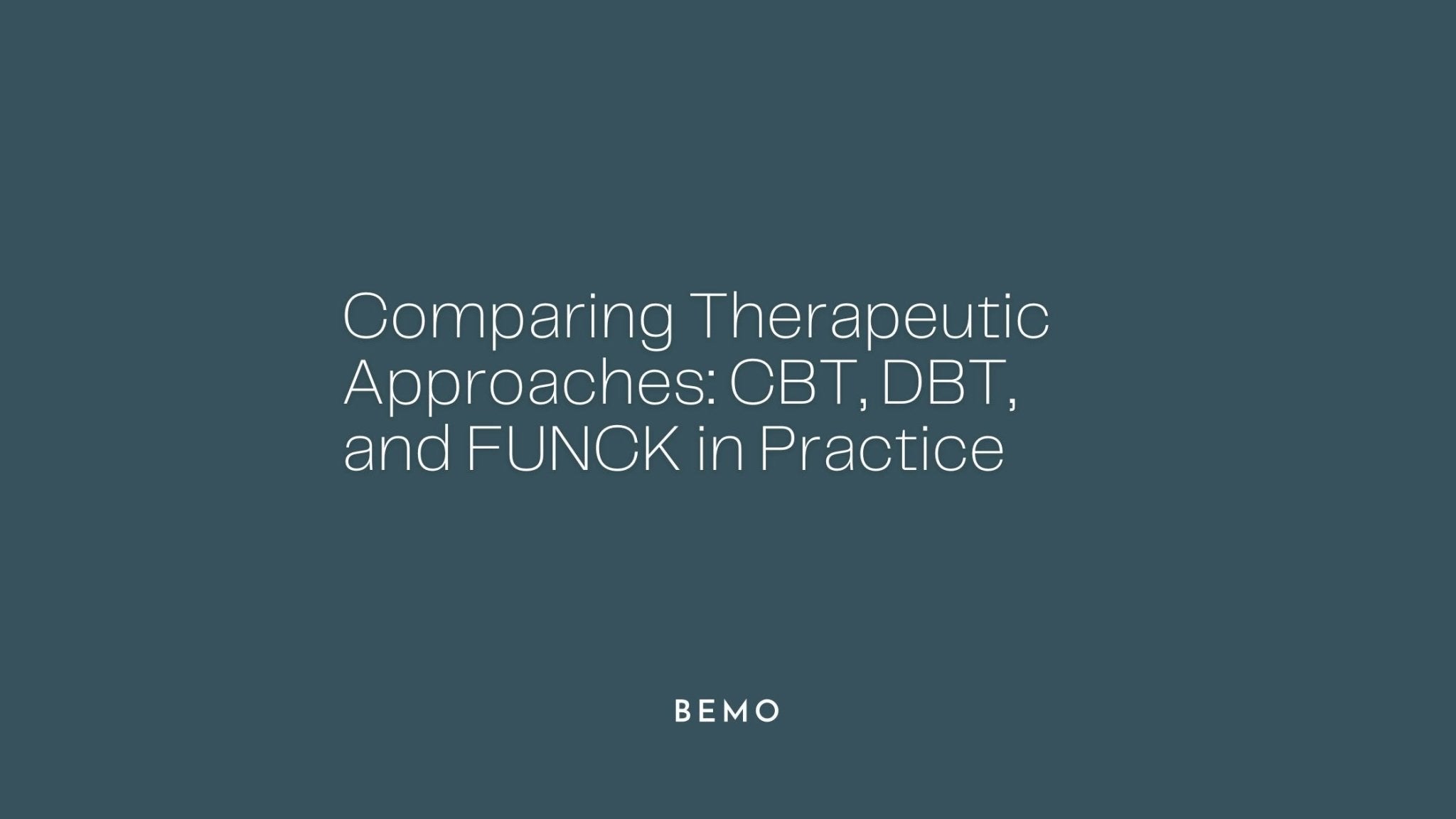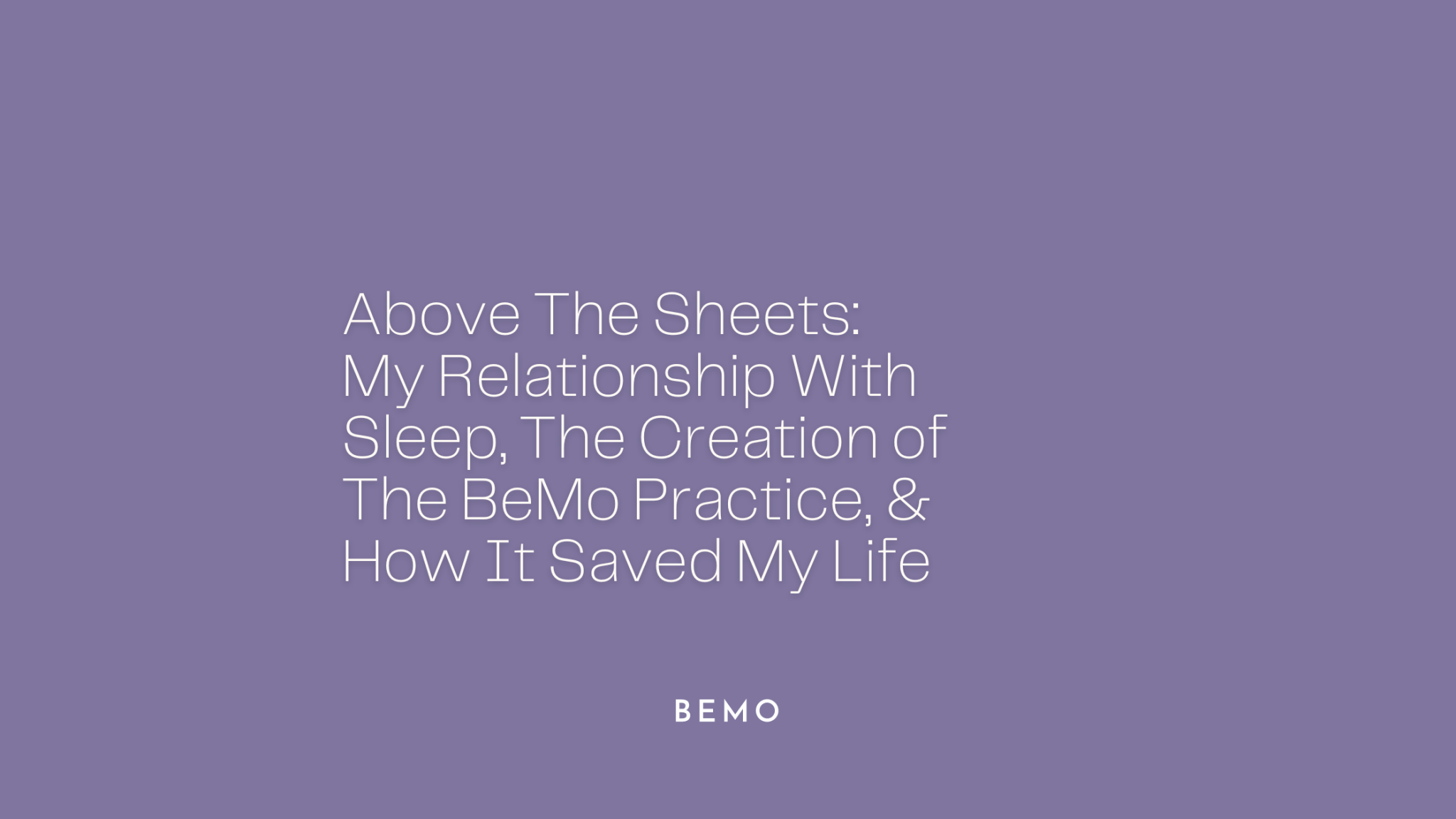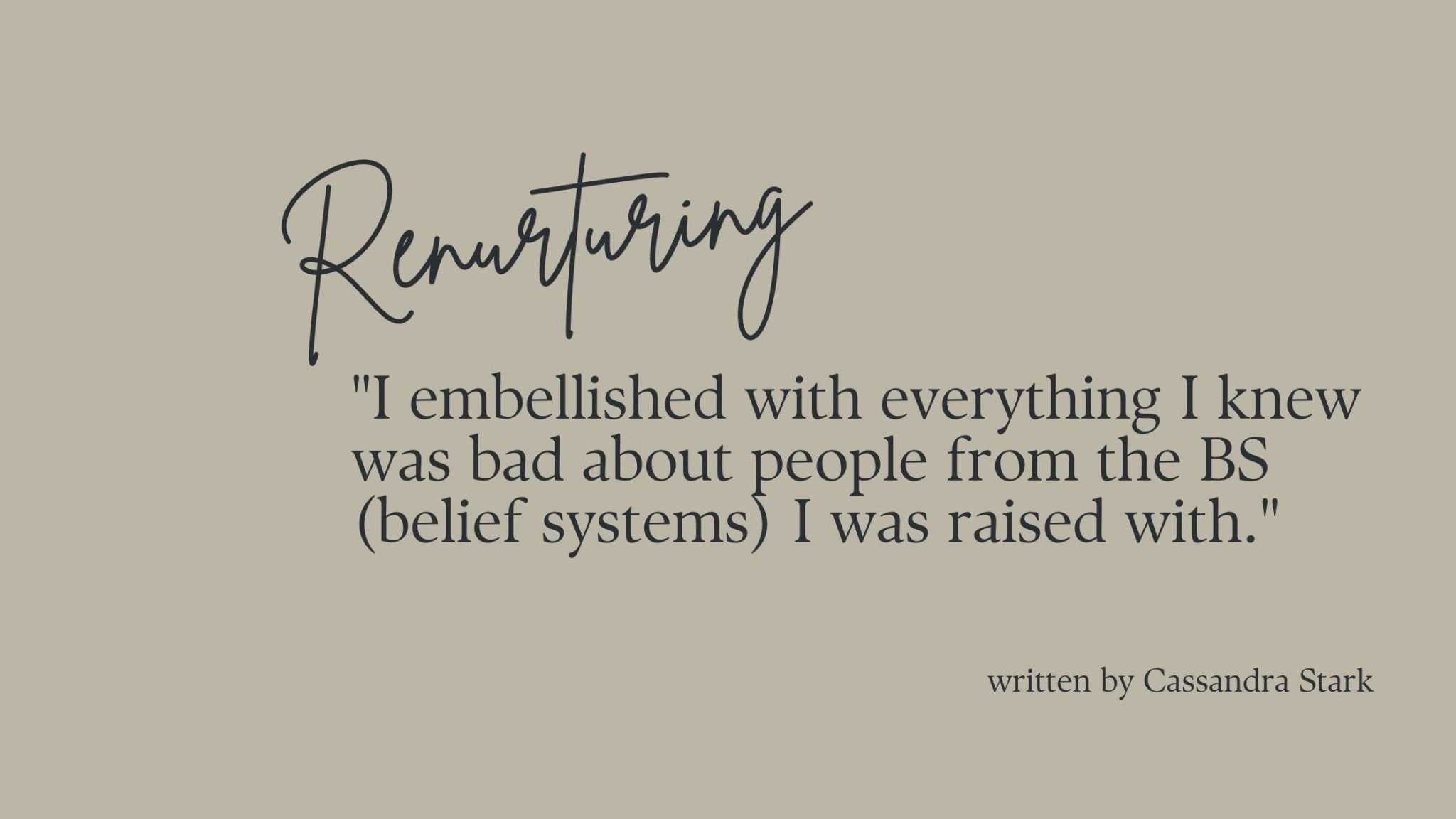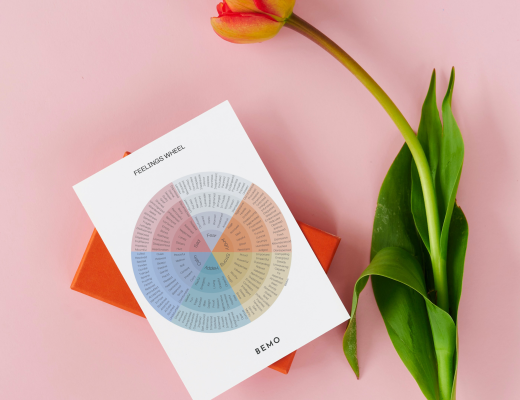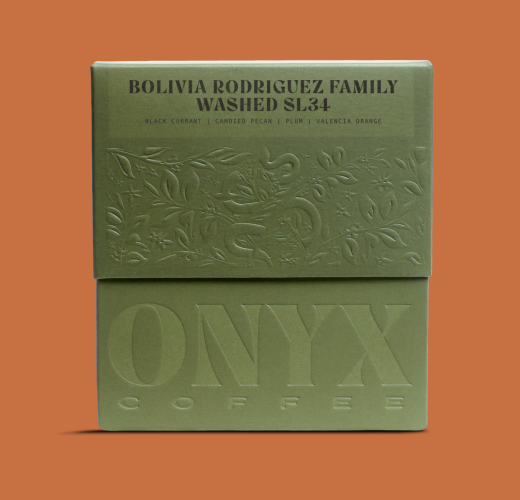Understanding how different therapeutic methods apply in real-world scenarios can illuminate their strengths and limitations. This post provides a comparative look at how Cognitive Behavioral Therapy (CBT), Dialectical Behavior Therapy (DBT), and The BeMo Practice’s FUNCK Methodology address common mental health challenges.
Body: Scenario 1: Managing Anxiety
- CBT Approach: Sarah, who struggles with social anxiety, uses CBT techniques to identify and challenge her belief that "everyone is judging me," replacing it with more rational thoughts like "I am capable and deserving of making connections."
- DBT Approach: John, dealing with anxiety-driven impulsive behaviors, applies DBT skills such as mindfulness and distress tolerance to manage his urges and maintain control over his actions.
- FUNCK Approach: Margot uses the FUNCK stages to address her anxiety by first acknowledging her feelings of anxiety, understanding the triggers and underlying beliefs, recognizing her needs for security and acceptance, exploring strategies to address these needs, and solidifying her self-awareness and self-acceptance.
Scenario 2: Overcoming Depression
- CBT Approach: Alex identifies thoughts contributing to his depression, like "I am worthless," and works to replace them with "I have value and my contributions matter," using CBT’s structured thought replacement techniques.
- DBT Approach: Emily uses DBT to handle intense emotions related to depression by practicing emotional regulation and participating in group therapy to learn skills from peers and apply them in her daily life.
- FUNCK Approach: Chris engages with each FUNCK stage to tackle his depression, starting by fully feeling his sadness and loneliness, exploring the reasons behind these feelings articulating his needs for connection and purpose, taking steps to involve himself in community activities, and gaining a deeper understanding of his intrinsic worth.
As illustrated through these scenarios, each therapeutic approach offers valuable tools for addressing mental health issues. However, The BeMo Practice’s FUNCK Methodology stands out by providing a more holistic and integrative approach that not only addresses immediate symptoms but also fosters long-term personal growth and emotional resilience. In our next post, we’ll delve into the comprehensive benefits of the FUNCK method, highlighting its unique position in promoting holistic mental health and well-being.


